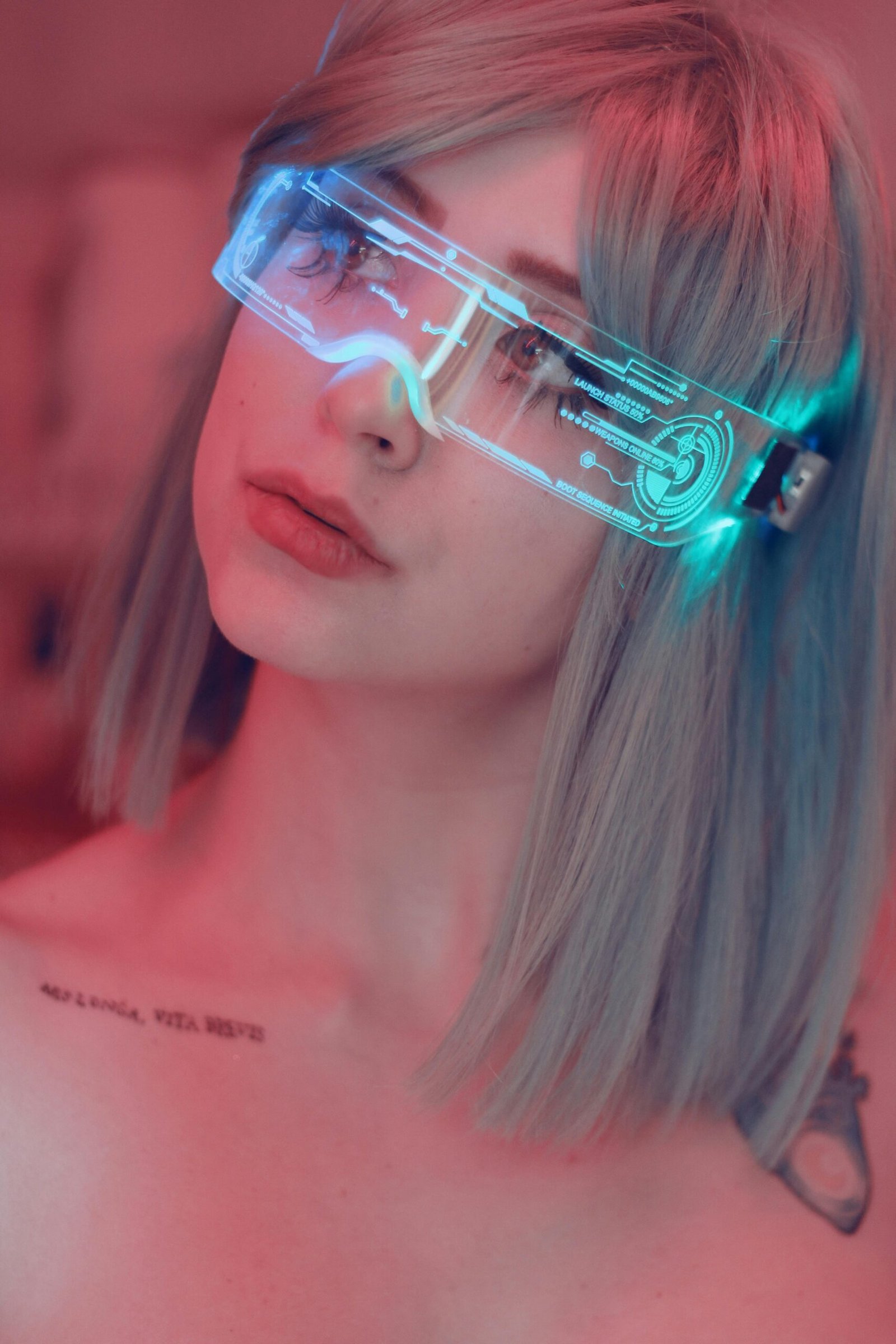OpenAI’s Bold Vision: Superintelligence on the Horizon
In an intriguing post on his personal blog, Sam Altman, CEO of OpenAI, shared his ambitious vision for the future of artificial intelligence. Altman revealed that OpenAI believes it has the know-how to develop artificial general intelligence (AGI) as they’ve traditionally defined it and is now setting sights on “superintelligence.” “We love our current products, but we are here for the glorious future,” Altman expressed. Imagine a world where superintelligent tools could catapult scientific discovery and innovation beyond our current capabilities, potentially ushering in an era of unprecedented abundance and prosperity.
“Superintelligent tools could massively accelerate scientific discovery and innovation well beyond what we are capable of doing on our own.”
— Sam Altman
Altman has previously suggested that superintelligence might be only “a few thousand days” away, predicting its impact to be more profound than most anticipate. But what exactly is AGI? While it’s a term often shrouded in mystery, OpenAI defines it as “highly autonomous systems that outperform humans at most economically valuable work.” Their partner and investor, Microsoft, shares a slightly different perspective, envisioning AI systems capable of generating at least $100 billion in profits. Interestingly, once OpenAI achieves this milestone, Microsoft’s access to their technology will cease according to their agreement.
- AGI is seen as systems outperforming humans in valuable tasks.
- Superintelligence could revolutionize industries and scientific fields.
- OpenAI aims for AI agents to redefine workforce dynamics this year.
Altman is optimistic about AI agents joining the workforce and transforming company outputs significantly. “We continue to believe that iteratively putting great tools in the hands of people leads to great, broadly-distributed outcomes,” he noted. However, today’s AI technology isn’t without its flaws—it can hallucinate, make glaring errors, and be costly. Despite these challenges, Altman remains confident they can be swiftly addressed. Yet, if history has taught us anything about AI development, it’s the unpredictability of timelines.
“We’re pretty confident that in the next few years, everyone will see what we see.”
— Sam Altman
OpenAI acknowledges the importance of acting with care while maximizing broad benefits and empowerment. As they pivot towards superintelligence, ensuring these systems operate safely is paramount. The company has openly admitted that transitioning to a world with superintelligence is “far from guaranteed,” lacking solutions for steering or controlling such advanced AI safely.
“[W]e don’t have a solution for steering or controlling a potentially superintelligent AI.”
— OpenAI Blog Post
Despite these uncertainties, OpenAI has recently dissolved teams focused on AI safety and witnessed several key researchers depart, citing commercial ambitions as their reason. Currently undergoing corporate restructuring to attract investors, OpenAI faces scrutiny over its dedication to safety. In response to critics questioning their focus on safety, Altman confidently pointed to their track record.
The journey towards superintelligence is undoubtedly complex and fraught with challenges. Still, OpenAI’s commitment to shaping this future remains steadfast—how they balance innovation with safety will be crucial in determining the success of their ambitious vision.



